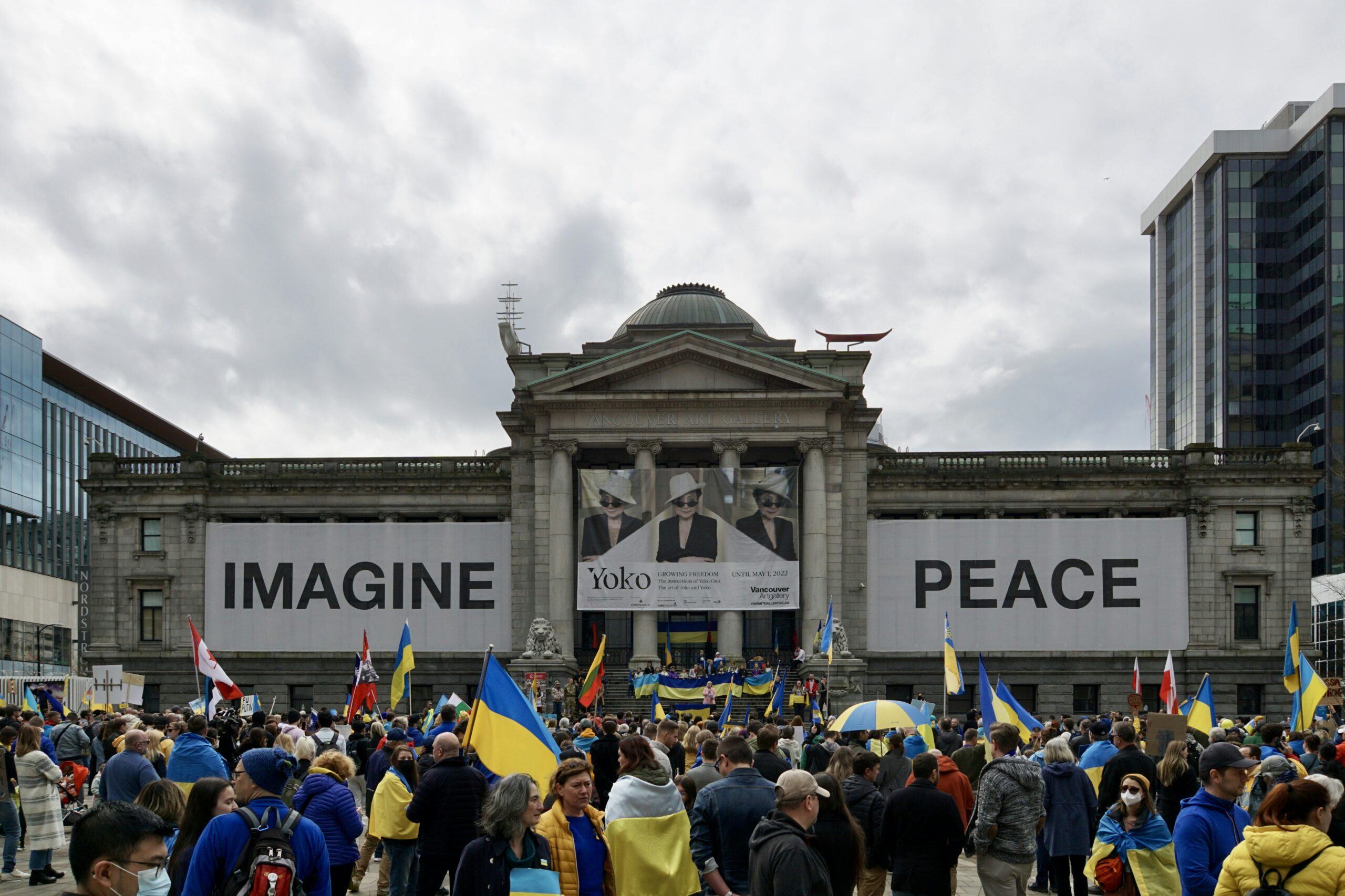
The recent summit in Alaska between United States President Donald Trump and Russian President Vladimir Putin has sparked significant discussion and analysis, particularly from Ukrainian perspectives. The meeting, which took place at the Cold War-era airbase Elmendorf-Richardson outside Anchorage, was highly anticipated but concluded with little to show in terms of concrete agreements.
Key Facts
- The summit was characterized by apparent flattery and manipulation, with Putin leveraging his intelligence background to influence Trump.
- Despite the high-profile nature of the meeting, no substantive agreements were announced, leaving major issues, particularly the ongoing war in Ukraine, unresolved.
- Ukrainian analysts expressed concerns that the summit served more to legitimize Putin’s position rather than address critical geopolitical issues.
Background
The interaction between Trump and Putin was analyzed by Maria Kucherenko, an analyst with the Kyiv-based charity Come Back Alive, who suggested that Putin effectively used manipulation tactics on Trump. Kucherenko noted that Putin’s experience as a Soviet spy helped him in “working” Trump by feeding into his narcissistic tendencies. This included excessive praise and echoing Trump’s statements, particularly about hypothetical scenarios like preventing the war in Ukraine.
Official Reactions
During the summit, Trump and Putin held a brief news conference where Putin repeatedly thanked Trump and supported his statements. Trump, on his part, indicated that while some progress was made, significant agreements were still out of reach, stating, “there’s no deal until there’s a deal.” This sentiment reflects the ongoing difficulty in reaching a consensus on major issues.
What’s Next
The summit’s lack of concrete outcomes has implications for the geopolitical landscape, especially concerning Ukraine. Analysts like Igar Tyshkevych noted that discussions likely covered a range of topics beyond the immediate conflict, including economic ties and the broader geopolitical contest with China. However, the core issues, such as the sovereignty of Ukraine and its geopolitical alignment, remain unaddressed.
Lieutenant General Ihor Romanenko, a former deputy head of the Ukrainian military’s General Staff, criticized the summit for legitimizing Putin without achieving any substantive progress on peace efforts or sanctions against Russia. He emphasized that Ukraine must continue its defense efforts vigorously in response to ongoing threats.
In conclusion, the Trump-Putin summit has left more questions than answers, with significant ramifications for international relations and the stability of regions involved. Ukrainian officials and analysts remain skeptical about the future, as the groundwork for a lasting peace remains elusive.